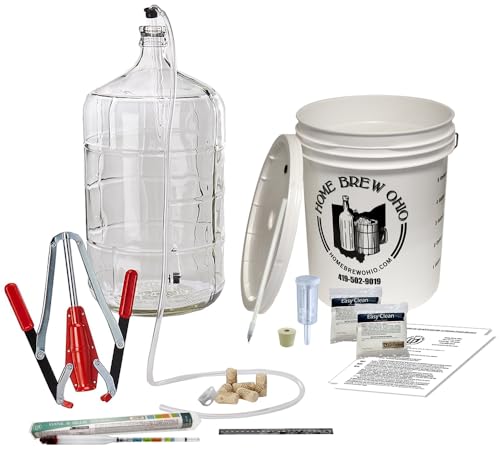Here we go! Nice work @Raptor99@Raptor99 I never even considered antioxidants. After some quick and admittedly incomplete searching it appears it's not as simple as heat or no heat. Some antioxidants and vitamins are only released by heat and survive. Others are degraded by heat. I guess if it's a concern then a bit of research is needed and then proceed accordingly. For me, it's now on my radar.
Antioxidant wine. I'm going for it!




















































